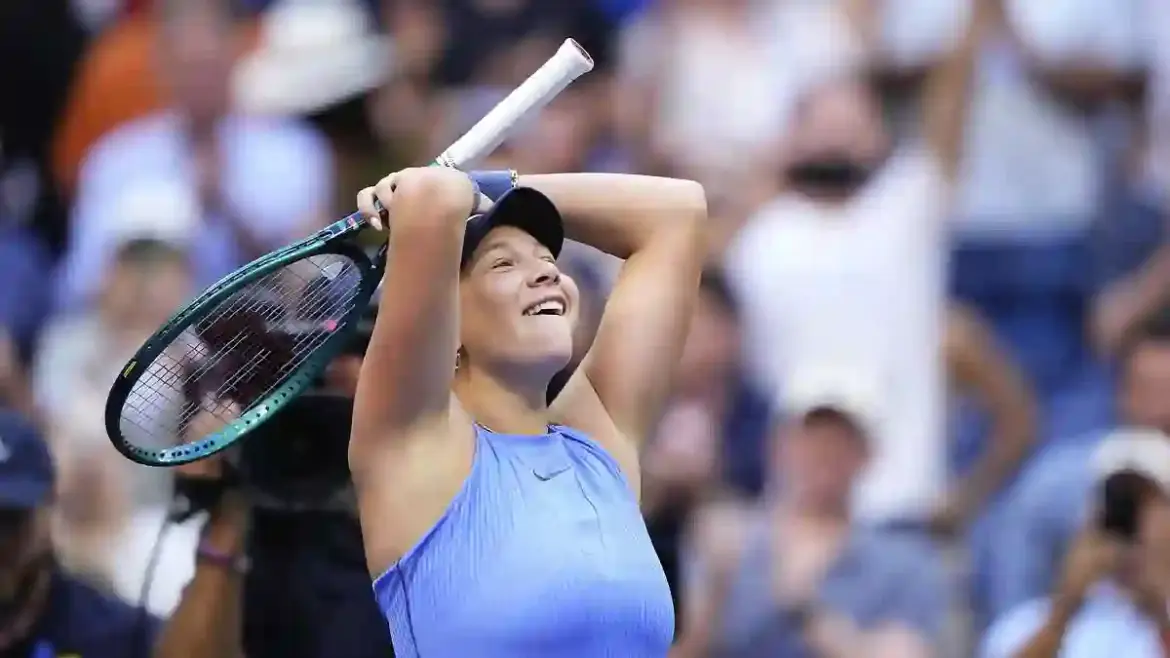The night before her US Open quarter-final against Iga Swiatek, you might think Amanda Anisimova would want to relax or focus on new strategies.
Instead, the 24-year-old American did something most players would avoid—she watched the highlights of her crushing 6-0, 6-0 Wimbledon final loss to the same opponent.
Turning Pain into Preparation
Despite how painful it was, Anisimova said reviewing the match helped her prepare mentally for New York.
“Nobody told me to, but I watched them back, just to see what I can avoid or what went wrong,” she explained.
Afterward, she balanced things out by watching some positive highlights to clear her mind.
“I think it was important for me to see what happened going into today’s match, but back then it was just, move on.
It’s a freak thing that happened,” she added.
Recognizing Areas to Improve
Watching the Wimbledon final for the first time, Anisimova admitted there were clear lessons.
“That I was slow as hell! My reactions were just… I was so slow,” she said candidly. Fatigue had also played a role.
“I was exhausted, and that’s definitely something I’m working on—being more physically fit to last two weeks in a Grand Slam.”
From Tears in London to Triumph in New York
Many were curious how Anisimova went from a heartbreaking Wimbledon defeat to a victorious performance in New York.
Her answer was refreshingly human. “Honestly, it was just on the court that I was crying that much.
Maybe 30 minutes afterward, but then I got on the phone with someone and just laughed it off. I was like, yeah, this is insane,” she reflected.
She noted that her ability to bounce back has grown over time. “Maybe a few years ago I wouldn’t have done the same.
Truly the most that I felt bad was for the people that had come to watch that day.
I know how much people pay for those tickets… I had that guilt on my back, as opposed to winning my first Grand Slam final.
I was thinking about that more. But at the end of the day, to me it was just tennis.”
A Lesson in Mental Resilience
Anisimova’s story shows how even the toughest defeats can become fuel for success.
By confronting her past struggles and reflecting honestly on her performance, she turned a humbling loss into motivation to succeed on the next stage—proving that resilience can make all the difference in professional sports.
